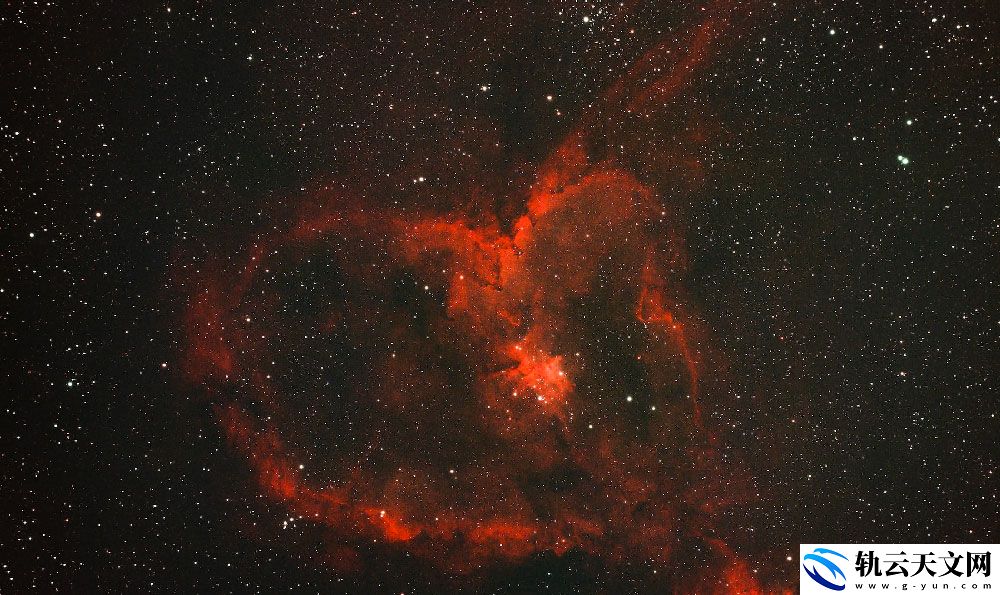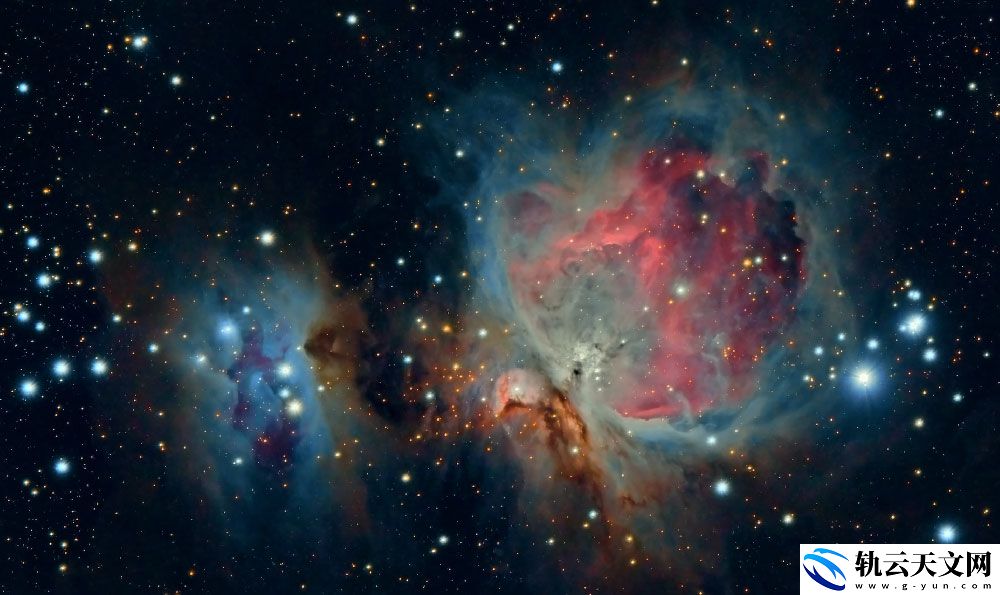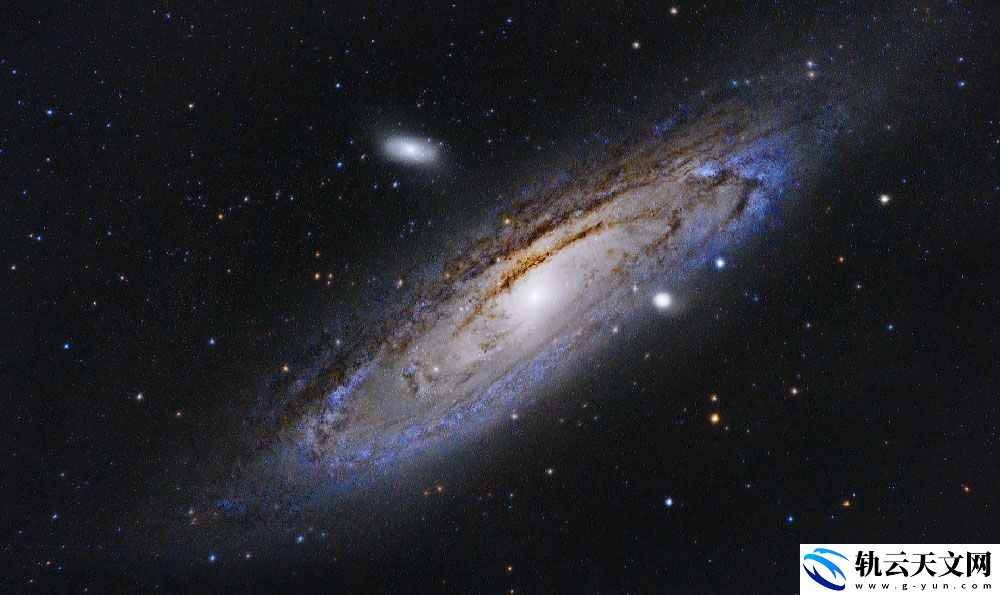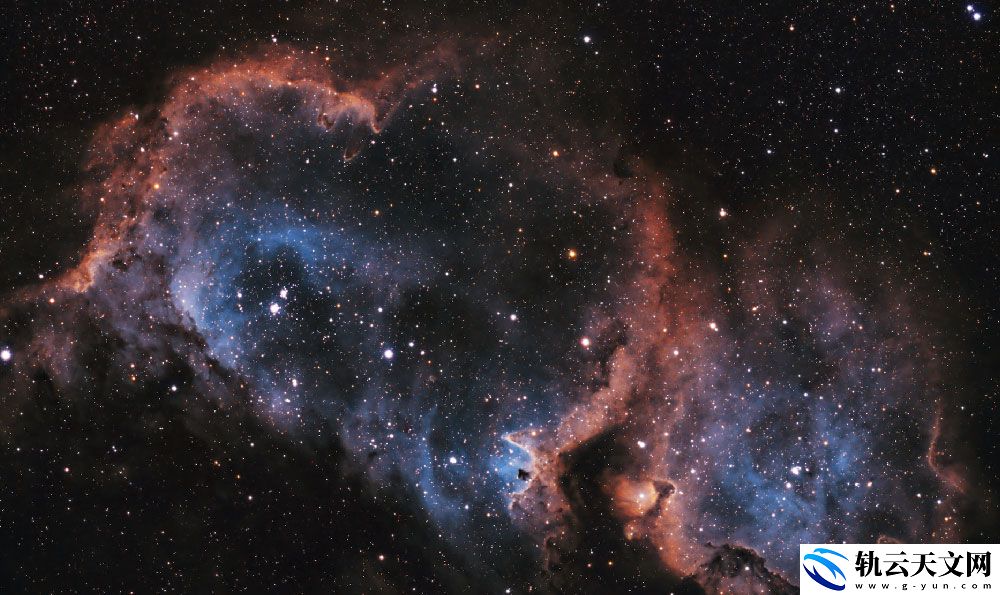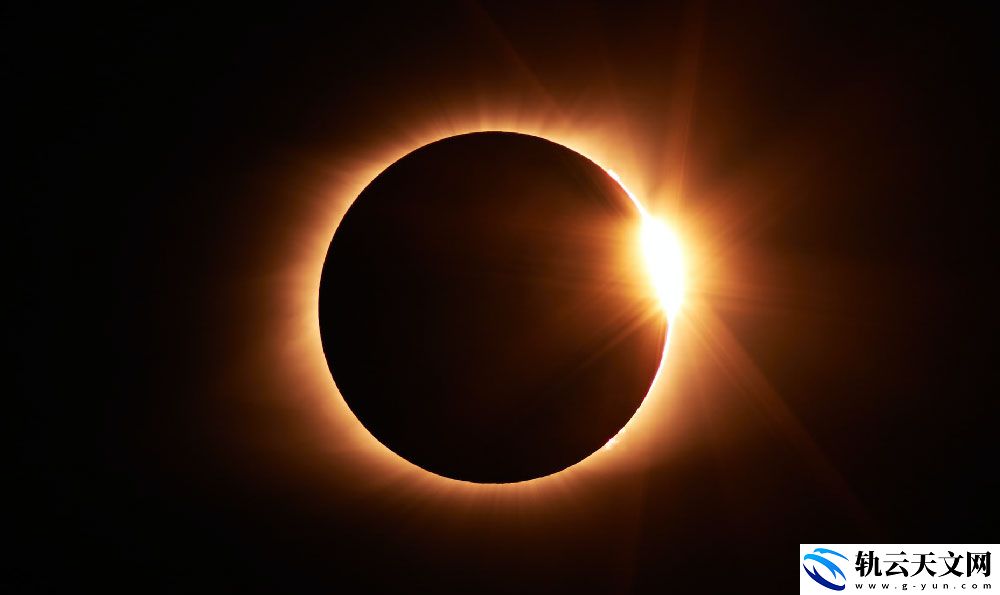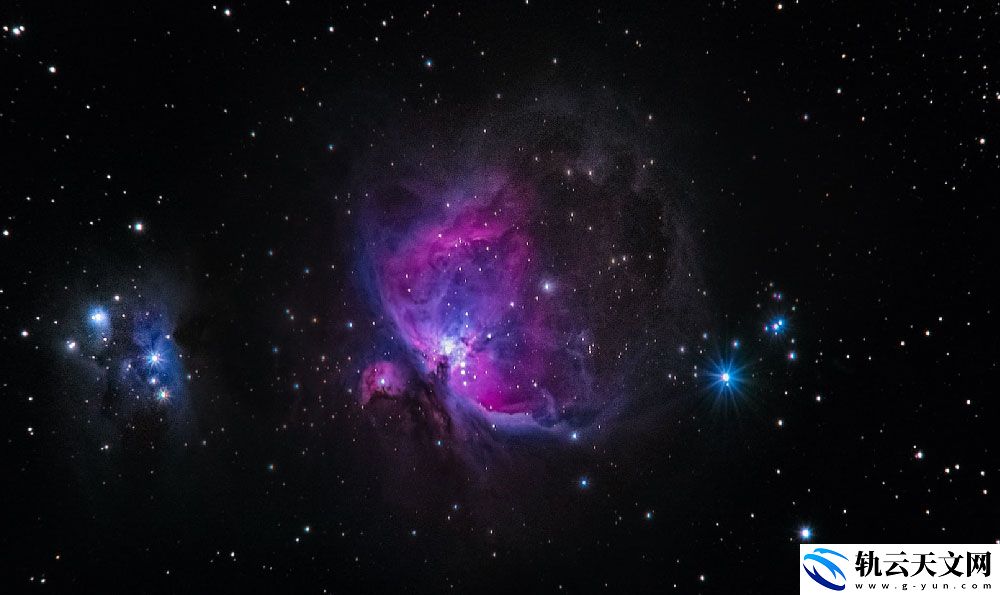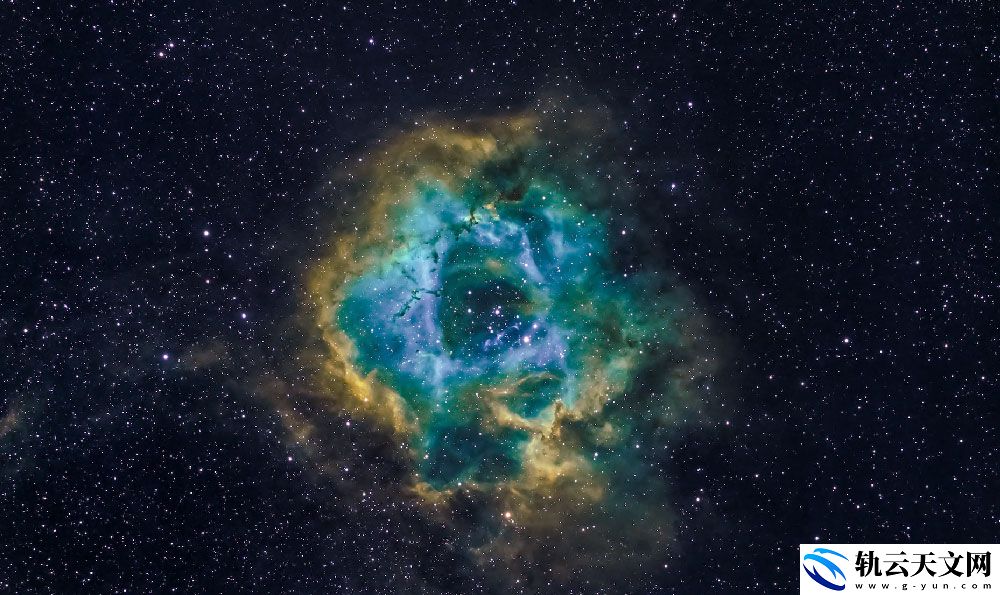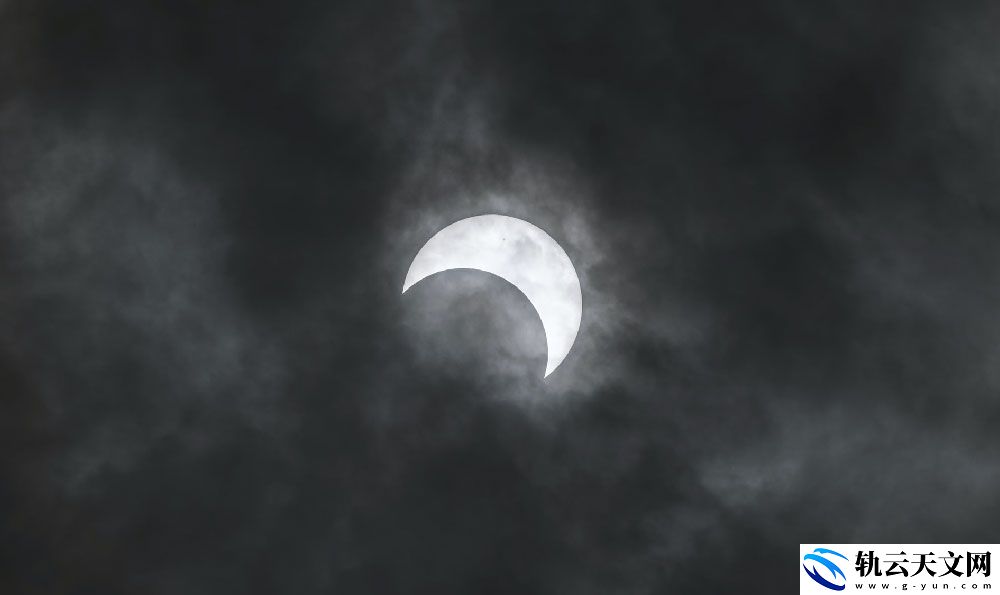中国的太空探索成就

中国的太空探索成就近年来备受瞩目,成为世界航天发展的重要一环。中国航天员的成功入轨、月球探测器的成功着陆、和火箭发射能力的不断提升,都展现了中国在太空领域的强大实力。
二、航天员进入太空
中国航天员的进入太空可以说是中国太空探索的重要里程碑。首次载人航天飞行任务是中国神舟五号飞船在2003年成功实施,打破了人类进入太空只能依赖俄罗斯和美国的局面。我们可以把中国航天员比喻成勇往直前的探险家,他们带着人类对未知世界的好奇心和探索精神,进入太空,扩展了人类的视野。
三、月球探测器成功着陆
中国的月球探测器嫦娥系列任务取得了令人瞩目的成就,其中最引人注目的是嫦娥四号的成功着陆。嫦娥四号是人类历史上首次在月球背面实现软着陆,并成功展开巡视和科学探测工作。这一壮举可以比喻成我们公司的一位技术高手穿越未知的领域,成功地实现了目标并带回了珍贵的数据和信息。
四、火箭发射能力不断提升
中国的火箭发射能力也是中国太空探索的重要组成部分。中国的长征系列火箭先后实现了众多卫星和航天器的发射任务。而最引人瞩目的是中国自主研发的长征五号火箭,它具备了较大的运载能力,能够将更多的物体送入太空。我们可以把长征五号火箭比喻成巨人的力量,它能够轻松将庞大的航天器送入太空,为中国的太空探索提供了坚实的基础。
五、总结
中国的太空探索成就不仅展示了中国航天事业的强大实力,也向世界展示了中国在科技领域的领先地位。通过航天员进入太空、月球探测器的成功着陆以及火箭发射能力的不断提升,中国正在为人类的太空探索事业做出重大贡献。我们期待中国在太空探索领域取得更多的突破,为人类带来更多的科学发现和技术进步。
中国的太空探索成就英文作文
Introduction:China"s Remarkable Achievements in Space Exploration

China, known for its rich history and rapid development, has made significant advancements in the field of space exploration. With a strong emphasis on technology and innovation, China has successfully demonstrated its capabilities in space missions and paved the way for future exploration. From launching satellites into orbit to sending astronauts to space, China"s achievements in space exploration are truly remarkable.
The Development of China"s Space Program:
China"s space program has evolved over the years, from its humble beginnings to becoming a major player in the space industry. The establishment of the China National Space Administration in 1993 marked a significant milestone in the country"s space program. Since then, China has made steady progress and has successfully launched various satellites and space probes.
Exploring the Mysteries of the Moon:
China"s Chang"e lunar exploration program has been instrumental in unraveling the mysteries of the moon. The successful landing of the Chang"e 3 spacecraft in 2013 and the subsequent deployment of the Jade Rabbit rover marked China"s first ever soft landing on the moon. This achievement placed China in an elite group of nations with the capability to reach and explore the lunar surface.
Mars Exploration: China"s Ambitious Mission:
China"s recent foray into Mars exploration has captured the attention of the global space community. The Tianwen-1 mission, launched in 2020, successfully entered Mars orbit and deployed a lander and rover to the planet"s surface. This ambitious mission aims to study the Martian environment, search for signs of life, and contribute to our understanding of the Red Planet.
Space Station and Human Spaceflight:
China"s space station, Tiangong, is a testament to the country"s commitment to human space exploration. With plans to complete its construction by 2022, China will join the exclusive club of nations with a permanent space station in orbit. The successful launch and return of several crewed missions, including the Shenzhou spacecraft, have showcased China"s capabilities in ensuring the safety and well-being of its astronauts in space.
Space Technology and Innovation:
China"s space exploration achievements are fueled by its continuous investment in space technology and innovation. The Long March series of rockets, developed by China, have proven to be reliable and efficient in launching satellites and missions into space. The country"s advancements in satellite technology have also revolutionized communication, weather forecasting, and remote sensing capabilities.
Global Collaboration and Cooperation:
China"s space program is not limited to national efforts alone. The country actively seeks international collaboration and cooperation in space exploration. Joint missions with other countries, such as the European Space Agency, have allowed China to share resources, knowledge, and expertise, contributing to the advancement of space exploration globally.
Conclusion:
China"s journey in space exploration has been nothing short of impressive. The country"s achievements in satellite deployment, lunar exploration, Mars missions, human spaceflight, and technological advancements have made it a key player in the global space industry. With a strong focus on innovation and collaboration, China is poised to continue pushing the boundaries of space exploration and inspiring future generations to reach for the stars.
中国太空探索成就展览用英语怎么说
China"s Remarkable Achievements in Space Exploration
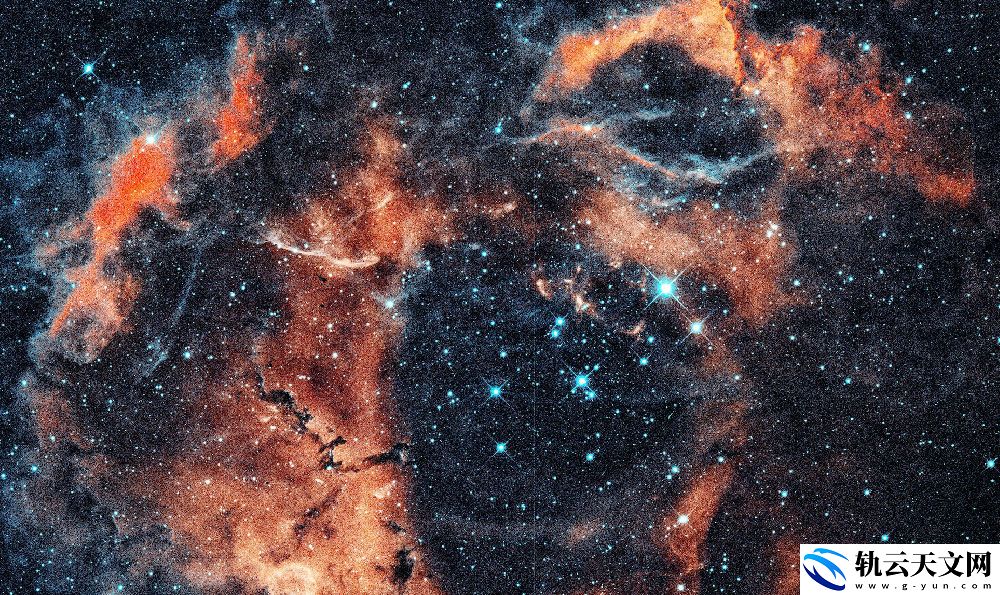
中国太空探索的非凡成就
Bold Title: China"s Remarkable Achievements in Space Exploration
Part 1: The Birth of China"s Space Program
China"s space program has rapidly evolved over the past few decades, making significant contributions to the global space exploration community. From its humble beginnings to becoming a key player in space technology, China has achieved remarkable milestones.
China"s journey into space exploration started in the 1950s when it established its space research institutions. At that time, the country focused on developing the fundamentals of rocket technology and satellite systems. Through rigorous testing and continuous advancements, China successfully launched its first satellite, Dongfanghong-1, in 1970. This historic event marked the beginning of China"s space exploration era.
Part 2: Advancements in Rocket Technology
One of the cornerstones of China"s space program lies in its advancements in rocket technology. China has made substantial progress in developing reliable and efficient launch vehicles. The Long March series of rockets, named after the historical Long March, have become its workhorses for carrying both satellites and manned spacecraft into orbit.
China"s Long March 5 rocket, capable of lifting heavy payloads, has played a crucial role in the country"s space missions. Its successful launch in 2019 paved the way for more ambitious projects, such as the upcoming lunar exploration missions. The Long March 5"s remarkable performance demonstrates China"s competency in building powerful rockets for space exploration.
Part 3: Lunar Exploration and Beyond
China"s lunar exploration program has achieved notable successes. The Chang"e series of lunar missions, named after the mythical Chinese moon goddess, have steadily advanced the understanding of the Moon"s surface and its resources.
In 2013, China successfully landed its Chang"e 3 mission on the Moon"s surface, making it the third country to achieve a soft landing. This mission also deployed the Yutu rover, which explored the lunar terrain and conducted scientific experiments. Following this, the Chang"e 4 mission in 2019 achieved another milestone by landing on the far side of the Moon, a feat never accomplished before.
Part 4: Space Stations and International Cooperation
China"s space program has also made significant progress in space station construction and international cooperation. The Tiangong series of space labs, meaning "Heavenly Palace" in Chinese, have served as essential stepping stones towards the ultimate goal of building a permanent space station.
China"s successful missions, including the Tiangong-1 and Tiangong-2, paved the way for the future Chinese Space Station (CSS). With plans to launch the CSS by 2022, China aims to become a hub for scientific research, international collaborations, and technological advancements in space.
Part 5: The Future of China"s Space Exploration
China is committed to further advancing its space exploration capabilities and expanding its scientific endeavors. The country aims to conduct more lunar exploration missions, including sample return missions, and explore Mars with its Tianwen-1 mission.
As China"s space program continues to thrive, it inspires a new generation of scientists and engineers to push the boundaries of technological achievements. With ambitious plans and a strong commitment, China"s space exploration journey promises to bring forth exciting discoveries and advancements for the benefit of humankind.
In conclusion, China"s space program has witnessed remarkable achievements throughout its evolution. From its early days of satellite launches to its recent lunar missions and upcoming space station projects, China has proven itself as a formidable force in space exploration. With its advancements in rocket technology, lunar exploration, and international cooperation, China"s space program demonstrates its determination to contribute to the global pursuit of scientific knowledge in outer space.
声明:本站所有文章资源内容,如无特殊说明或标注,均为采集网络资源。如若本站内容侵犯了原著者的合法权益,可联系本站删除。





